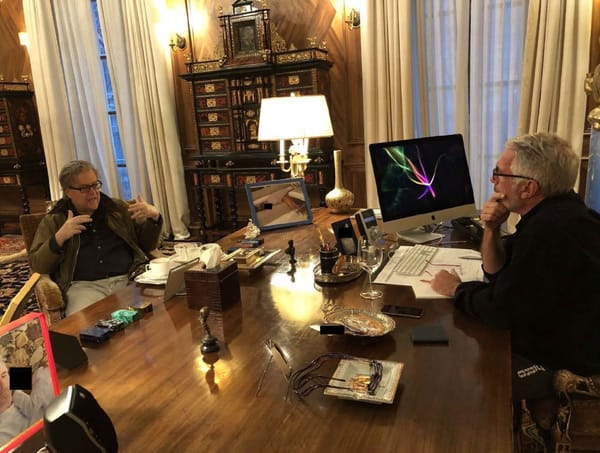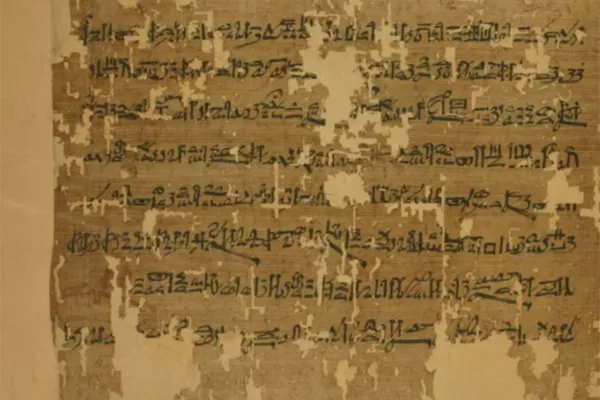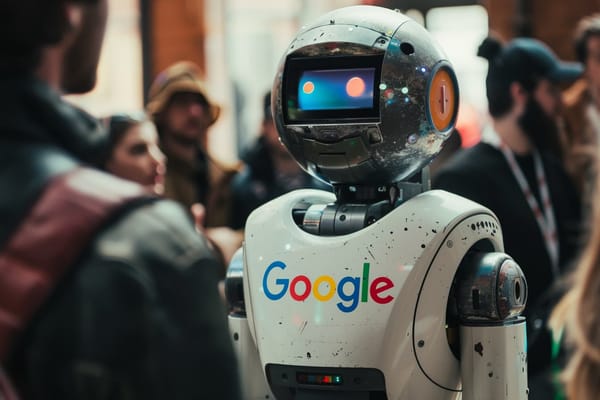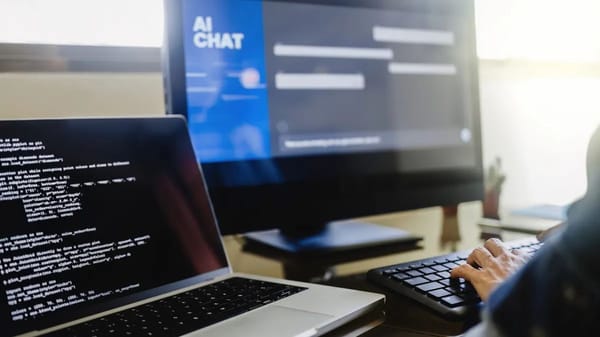Hidden Truth Behind YouTube's Removal of Channels Revealing Israel Occupied Territories Abuses
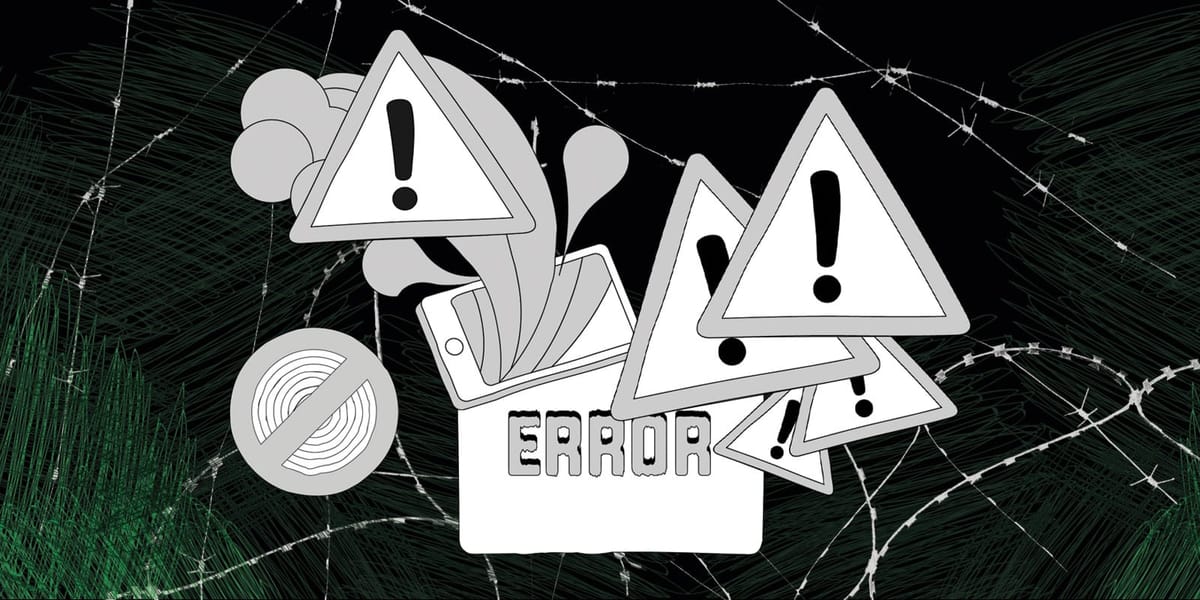
A documentary film showing mothers who survived Israel's deadly attacks in Gaza. A video report that looks into Israel's part in the death of a Palestinian American reporter. Another video that shows Israel destroying Palestinian homes in the West Bank, which is under occupation.
YouTube quietly removed all these videos in early October by deleting the accounts that posted them, along with all the old videos on those channels. The accounts were from three well-known Palestinian groups that work on human rights: Al-Haq, Al Mezan Center for Human Rights, and the Palestinian Centre for Human Rights.
This happened because the U.S. government was pushing to stop people from holding Israel accountable for possible war crimes against Palestinians in Gaza and the West Bank.
The YouTube channels from these Palestinian groups had many hours of videos that showed and talked about possible violations of international laws by the Israeli government in Gaza and the West Bank, including the deaths of Palestinian people.
“I’m pretty shocked that YouTube is showing such a little backbone,” said Sarah Leah Whitson, executive director of Democracy for the Arab World Now. “It’s really hard to imagine any serious argument that sharing information from these Palestinian human rights organizations would somehow violate sanctions. Succumbing to this arbitrary designation of these Palestinian organizations, to now censor them, is disappointing and pretty surprising.”
After the International Criminal Court gave out arrest warrants and charged Israeli Prime Minister Benjamin Netanyahu and former Israeli Defense Secretary Yoav Gallant with war crimes in Gaza, the Trump administration stepped up its support for Israel's actions by putting sanctions on ICC officials and going after people and groups that help the court.
“It is outrageous that YouTube is furthering the Trump administration’s agenda to remove evidence of human rights violations and war crimes from public view,” said Katherine Gallagher, a senior staff attorney at the Center for Constitutional Rights. “Congress did not intend to allow the president to cut off the flow of information to the American public and the world — instead, information, including documents and videos, are specifically exempted under the statute that the president cited as his authority for issuing the ICC sanctions.”
YouTube, which is owned by Google, told The Intercept that it deleted the groups' accounts because of sanctions from the State Department, after checking the situation. The Trump administration put these sanctions on the groups in September because of their work with the International Criminal Court on cases against Israeli officials for war crimes.
“Google is committed to compliance with applicable sanctions and trade compliance laws,” YouTube spokesperson Boot Bullwinkle said in a statement.
According to Google's rules on sanctions, "Google publisher products are not eligible for any entities or individuals that are restricted under applicable trade sanctions and export compliance laws."
Al Mezan, a human rights group in Gaza, told The Intercept that its YouTube channel was suddenly shut down this year on October 7 without any warning ahead of time.
“Terminating the channel deprives us from reaching what we aspire to convey our message to, and fulfill our mission,” a spokesperson for the group said, “and prevents us from achieving our goals and limits our ability to reach the audience we aspire to share our message with.”
The channel for Al-Haq, based in the West Bank, was deleted on October 3, a spokesperson for the group said, with a message from YouTube saying its "content violates our guidelines."
“YouTube’s removal of a human rights organisation’s platform, carried out without prior warning, represents a serious failure of principle and an alarming setback for human rights and freedom of expression,” the Al-Haq spokesperson said in a statement. “The U.S. Sanctions are being used to cripple accountability work on Palestine and silence Palestinian voices and victims, and this has a ripple effect on such platforms also acting under such measures to further silence Palestinian voices.”
The Palestinian Center for Human Rights, which the U.N. calls the oldest human rights group in Gaza, said in a statement that YouTube's action "protects perpetrators from accountability."
“YouTube’s decision to close PCHR’s account is basically one of many consequences that we as an organisation have faced since the decision of the US government to sanction our organisations for our legitimate work,” said Basel al-Sourani, an international advocacy officer and legal advisor for the group. “YouTube said that we were not following their policy on Community Guidelines, when all our work was basically presenting factual and evidence-based reporting on the crimes committed against the Palestinian people especially since the start of the ongoing genocide on 7 October.”
“By doing this, YouTube is being complicit in silencing the voices of Palestinian victims,” al-Sourani added.
Together, the deletions of these three human rights groups' accounts led to the removal of more than 700 videos, based on a count by The Intercept.
The deleted videos covered many topics, like a report on the Israeli killing of American journalist Shireen Abu Akleh, stories from Palestinians who were tortured by Israeli forces, and films like "The Beach," about children playing on a beach who were killed in an Israeli attack.
Some videos can still be found through copies saved on the Internet Archive's Wayback Machine or on other sites like Facebook and Vimeo. The deletions only hit the groups' own channels; videos made by these groups but posted on other YouTube channels are still up. There is no full list of all the videos YouTube deleted, though, and many seem to be gone from the internet.
The groups worry that videos posted on other online sites could be deleted soon too, since many of those sites are run by U.S. companies. The ICC itself started looking into using services from outside the U.S.
Al-Haq said it would also search for options outside of U.S. companies to share their work.
YouTube is not the only U.S. tech company stopping Palestinian rights groups from using its services. The Al-Haq spokesperson said Mailchimp, a service for sending emails to lists of people, also deleted the group's account in September. (Mailchimp and its parent company, Intuit, did not reply right away to a request for comment.)
Both the U.S. and Israeli governments have long avoided the ICC and being held responsible for possible war crimes. Neither country signed the Rome Statute, the international agreement that created the court.
In November 2024, the ICC prosecutors issued arrest warrants for Netanyahu and Gallant, charging them with purposely starving people by stopping aid from going into Gaza. Both the Biden and Trump administrations said they did not accept the warrants as real.
Since getting reelected, Trump has been even tougher against efforts to hold Israel accountable. In the first days of his second term, Trump brought back sanctions against the ICC and added new, stronger ones against court officials and anyone said to be helping them. In September, in a new order, he put sanctions right on the three Palestinian groups.
The U.S. actions came after Israel called Al-Haq a "terrorist organization" in 2021 and after online attacks by pro-Israeli activists trying to connect the Palestinian Centre for Human Rights to armed groups.
The sanctions freeze the groups' money in the U.S. and stop sanctioned people from traveling to the country. Federal judges have already given early rulings in two court cases that support people who said the sanctions broke their First Amendment rights.
“The Trump administration is focused on contributing to the censorship of information about Israeli atrocities in Palestine and the sanctions against these organizations is very deliberately designed to make association with these organizations frightening to Americans who will be concerned about material support laws,” said Whitson, of DAWN, which joined a coalition of groups in September to demand the Trump administration drop its sanctions.
Like many tech companies, YouTube has been quick to go along with requests from both the Trump administration and Israel. YouTube worked with a campaign by Israeli tech workers to remove social media posts seen as critical of Israel. At home, Google, which owns YouTube, secretly gave personal Gmail info to U.S. Immigration and Customs Enforcement to help detain a pro-Palestinian student organizer.
Even before Israel's major attacks in Gaza, YouTube was accused of not applying its rules fairly, by censoring Palestinian voices but not checking pro-Israeli content the same way. This pattern kept going during the war, according to a Wired report.
Earlier this year, YouTube closed the official account of the Addameer Prisoner Support and Human Rights Association. This happened after pressure from UK Lawyers for Israel, who wrote to YouTube pointing out that the group had been sanctioned by the State Department.
Whitson warned that YouTube giving in like this could lead other tech companies to do the same with censorship.
“They are basically allowing the Trump administration to dictate what information they share with the global audience,” she said. “It’s not going to end with Palestine.”


